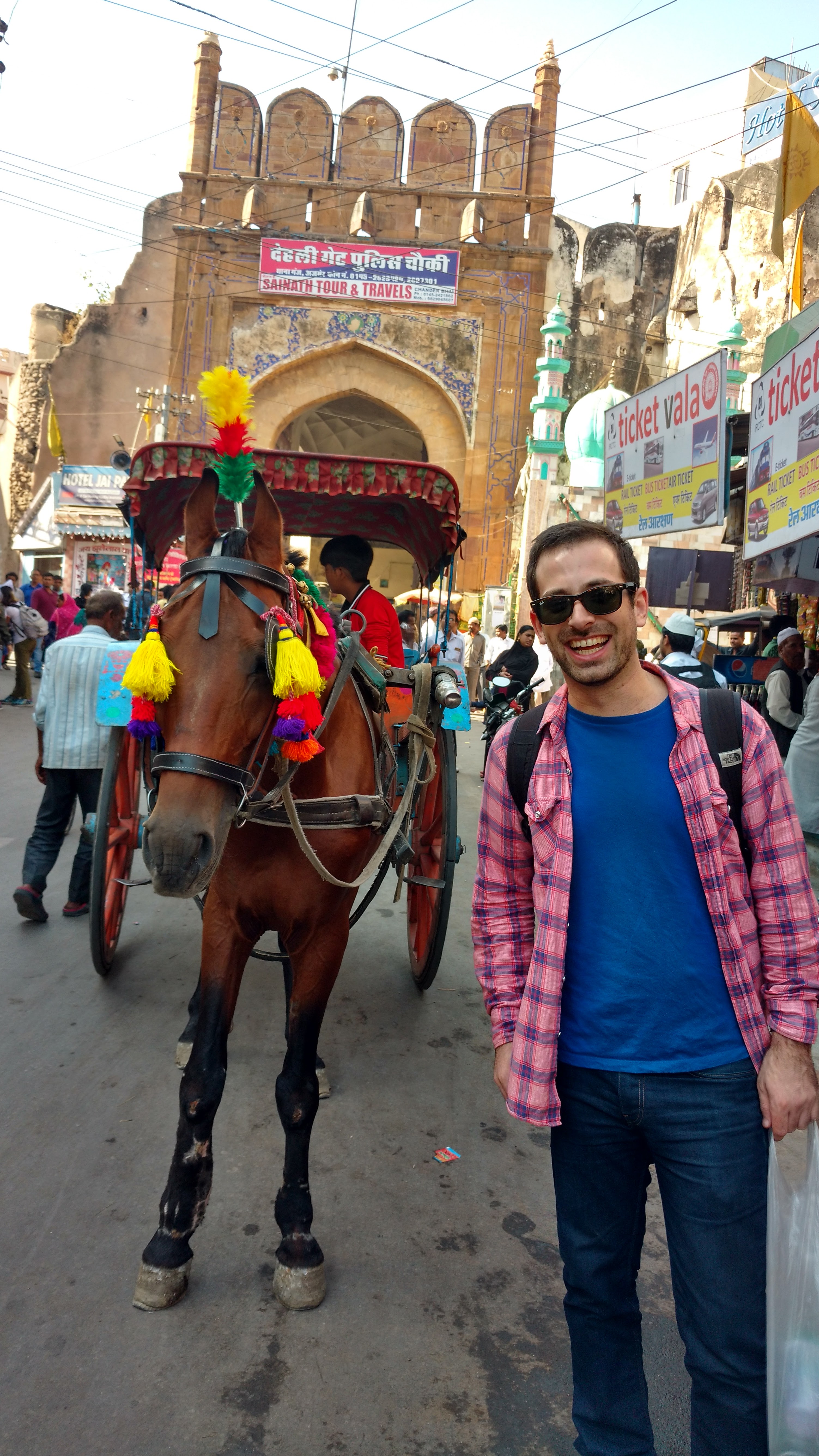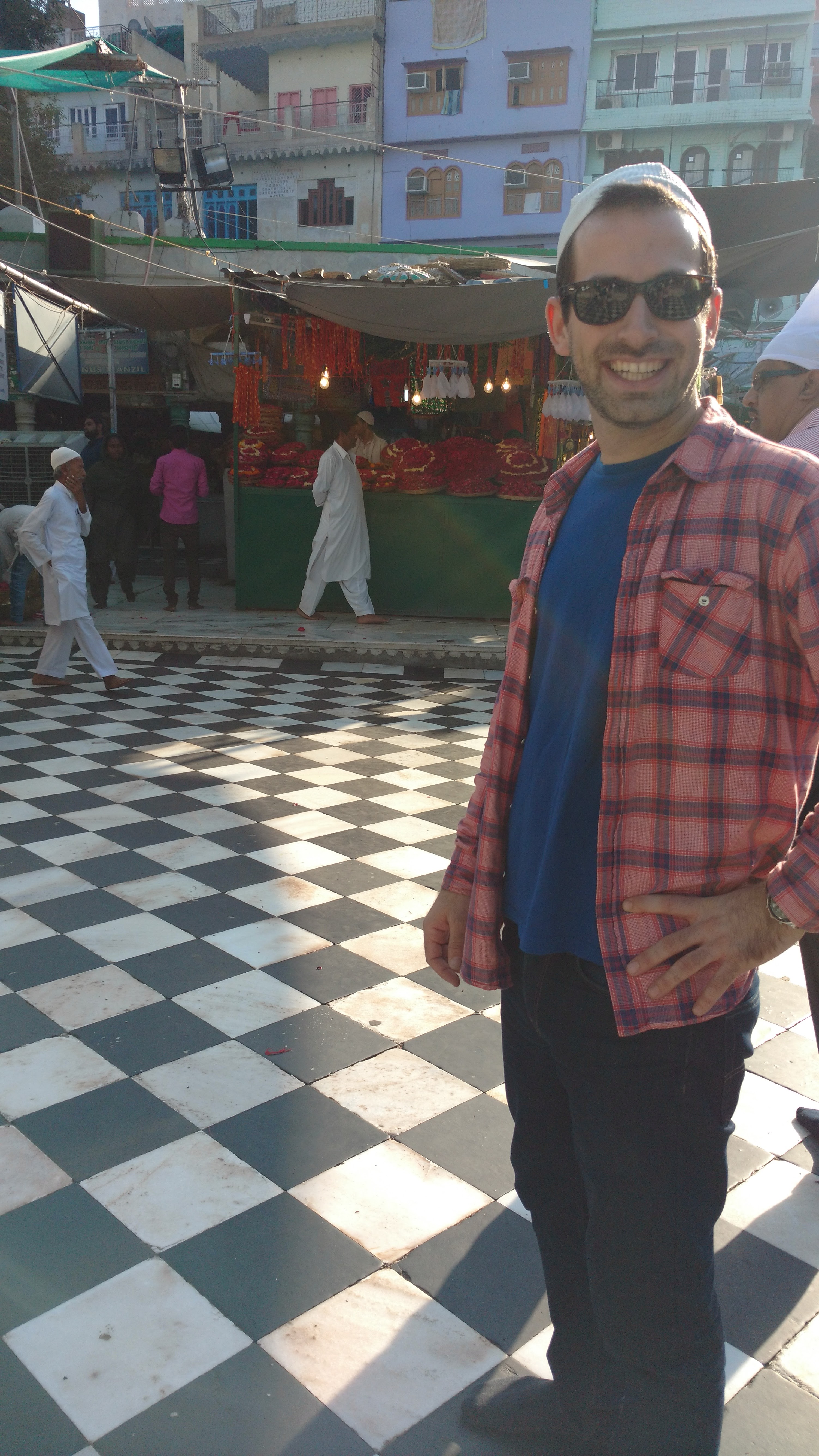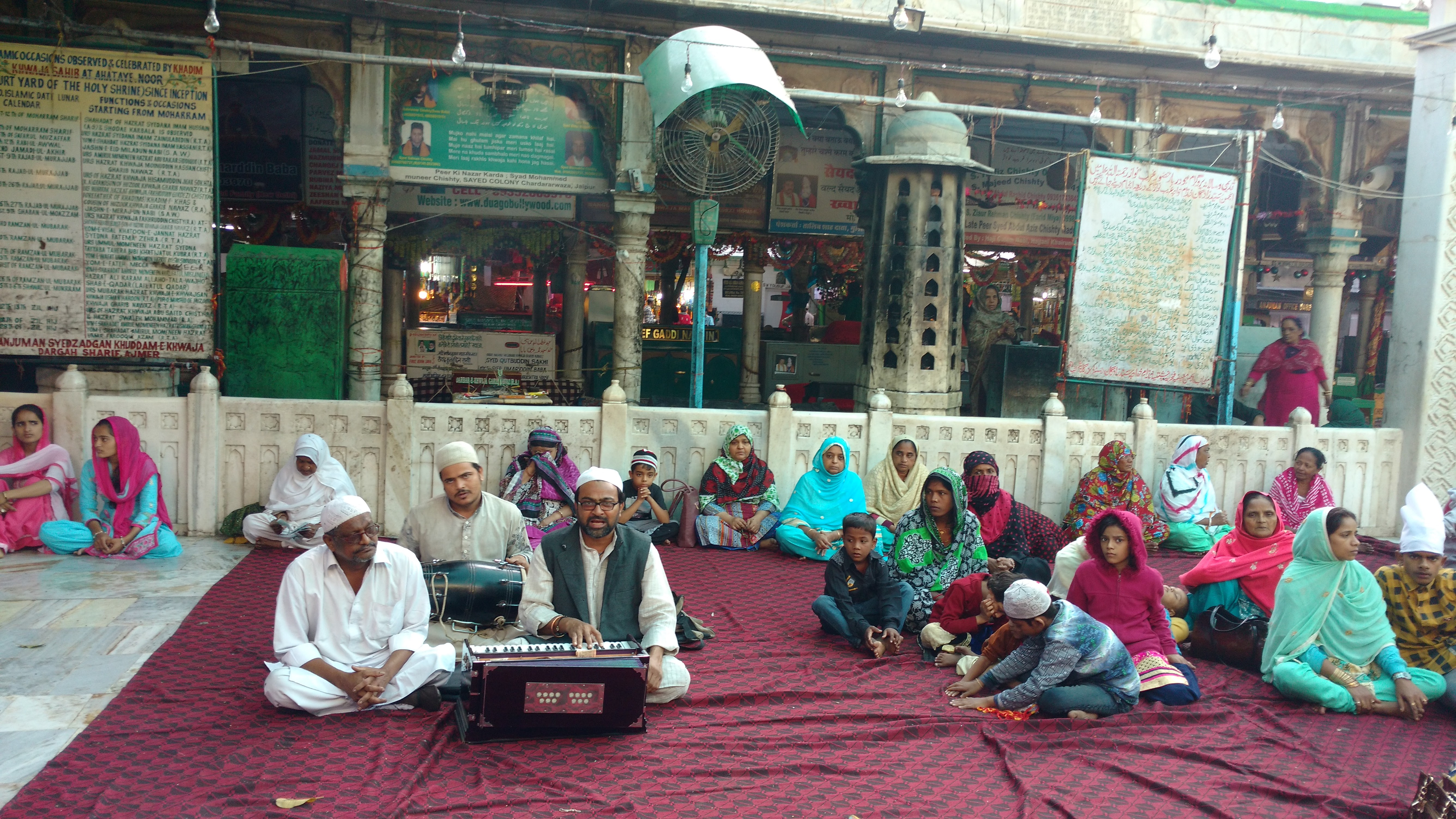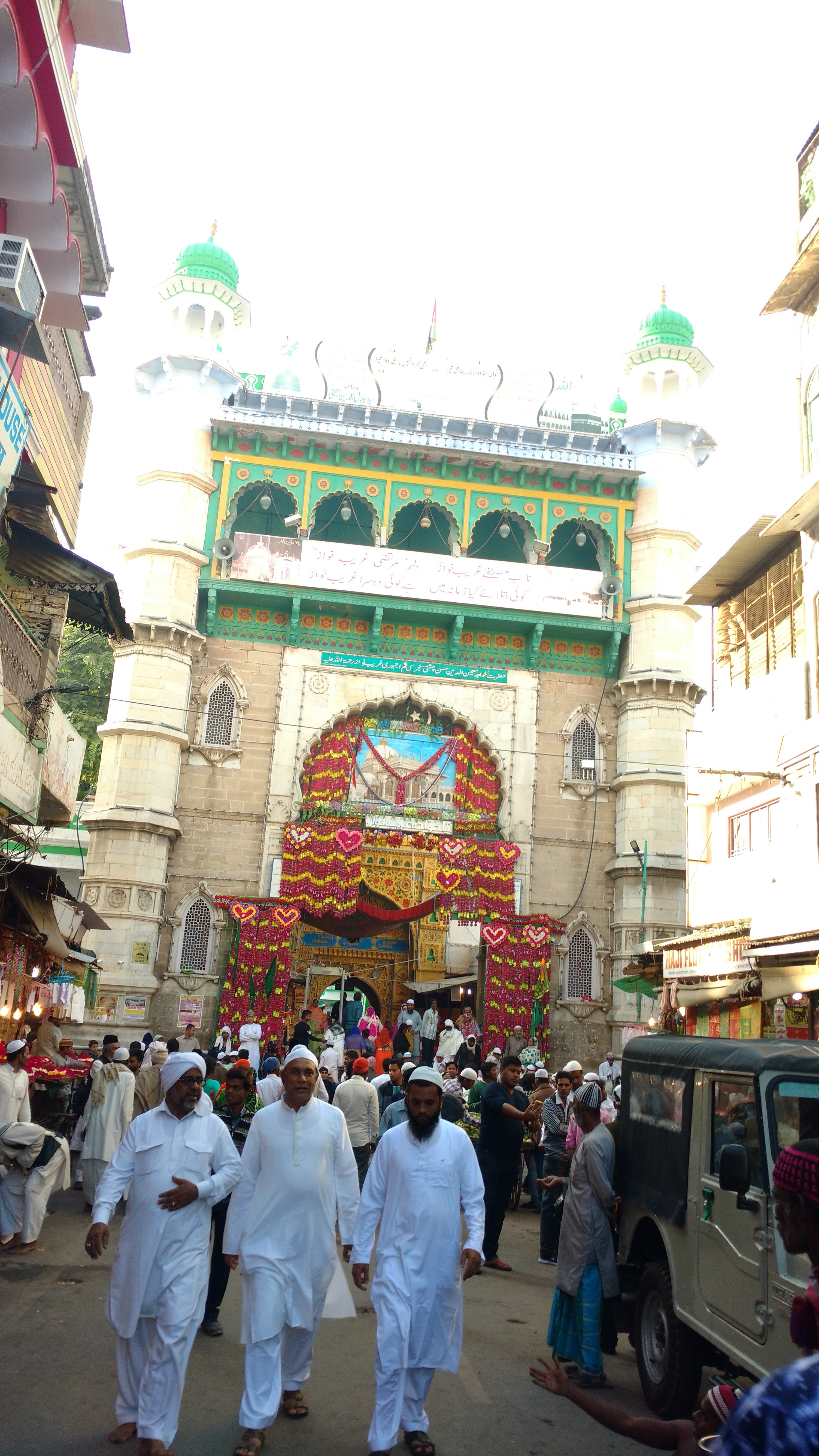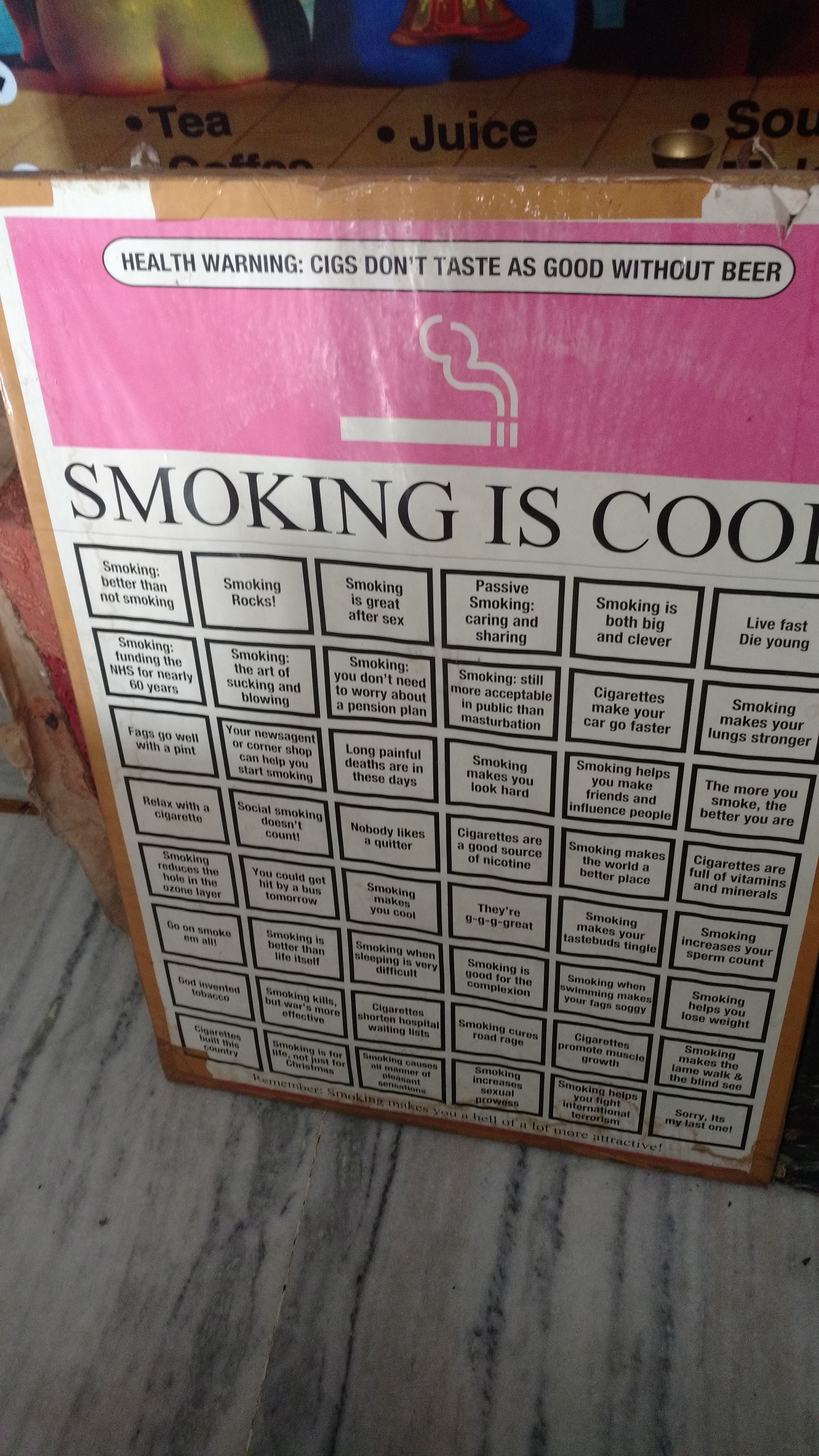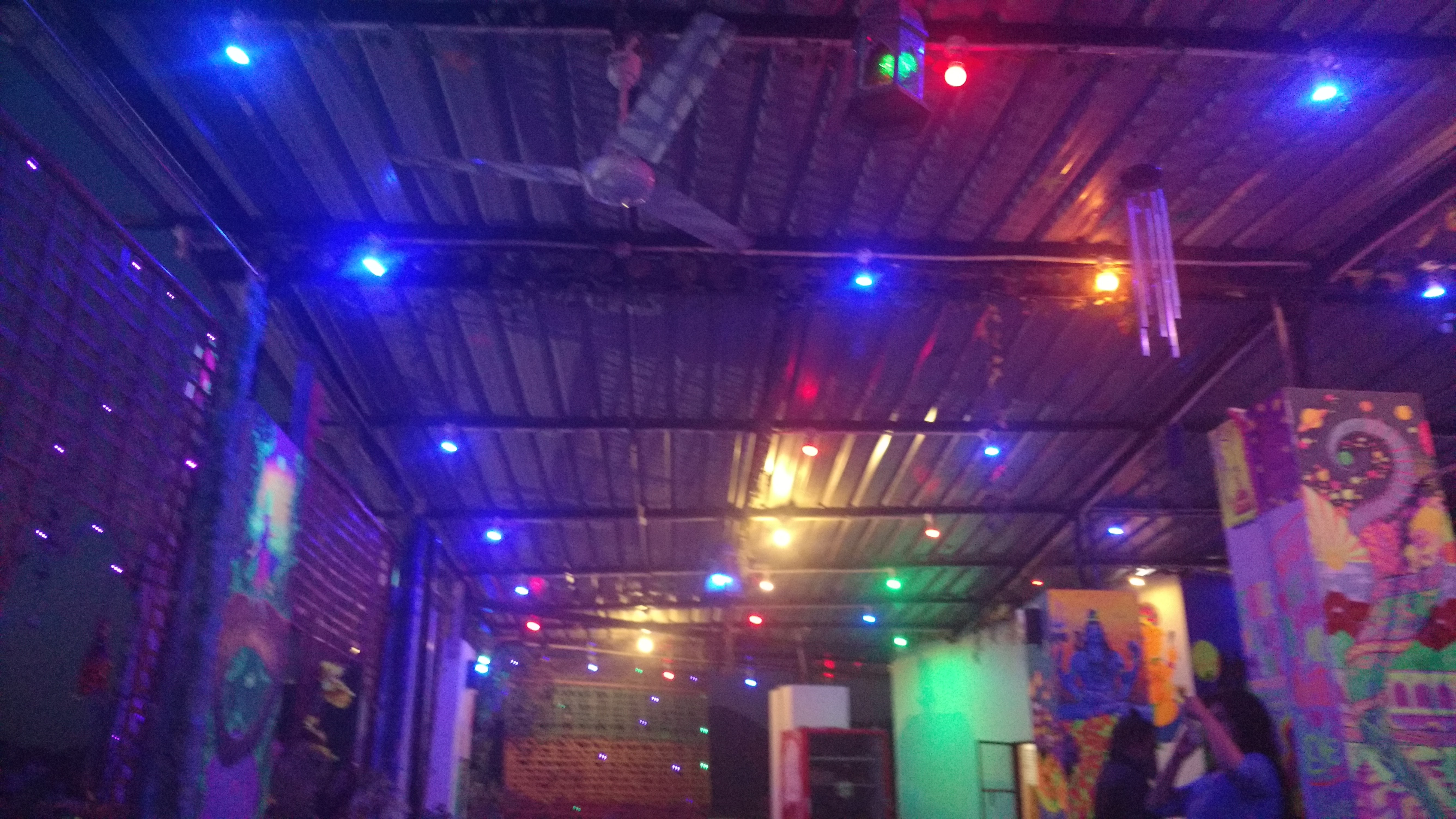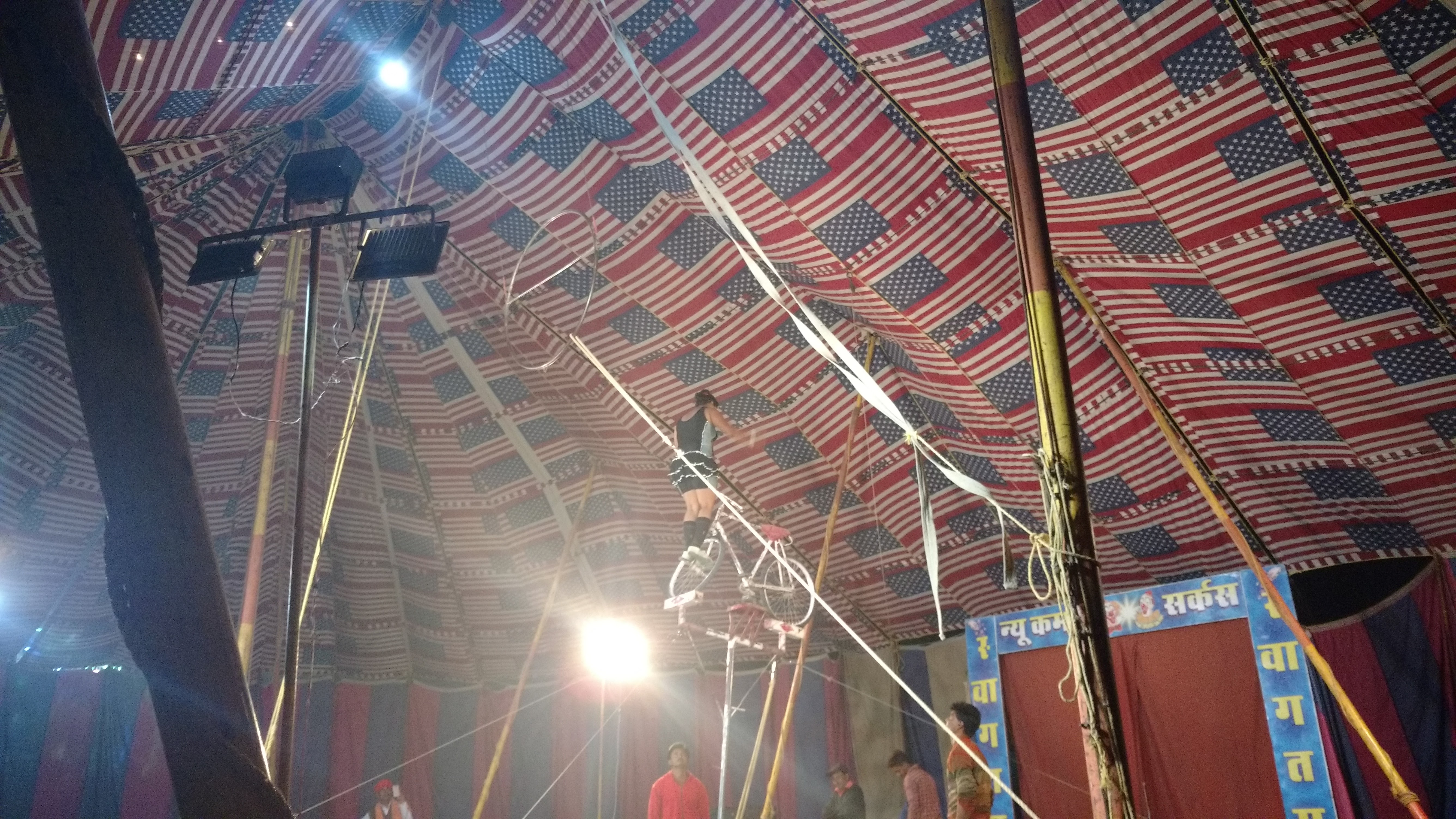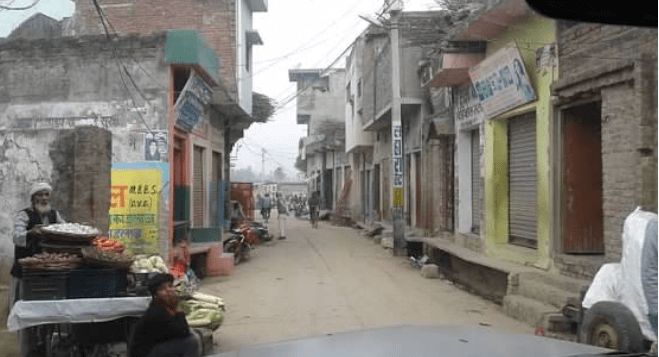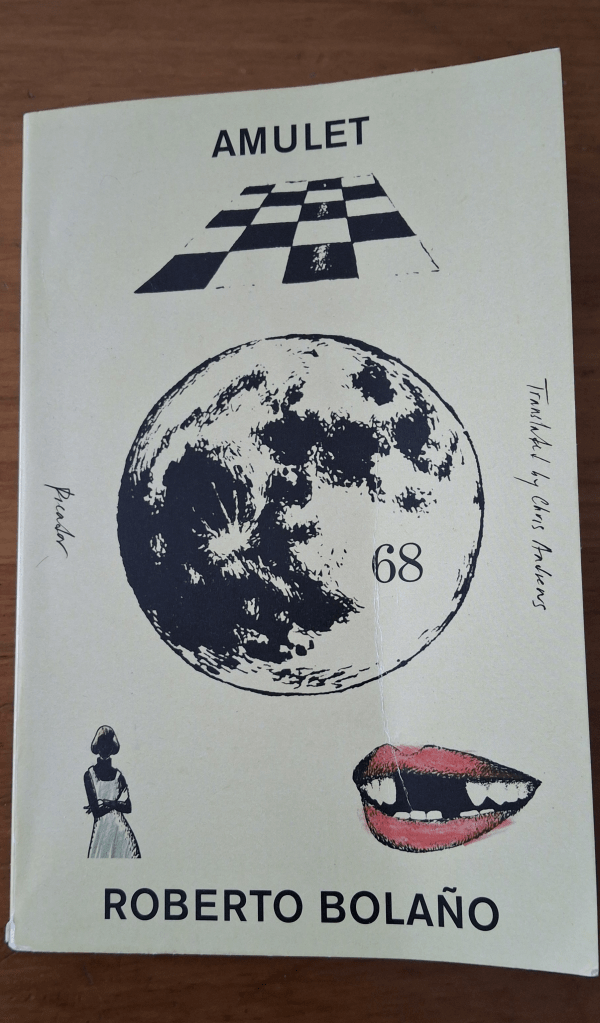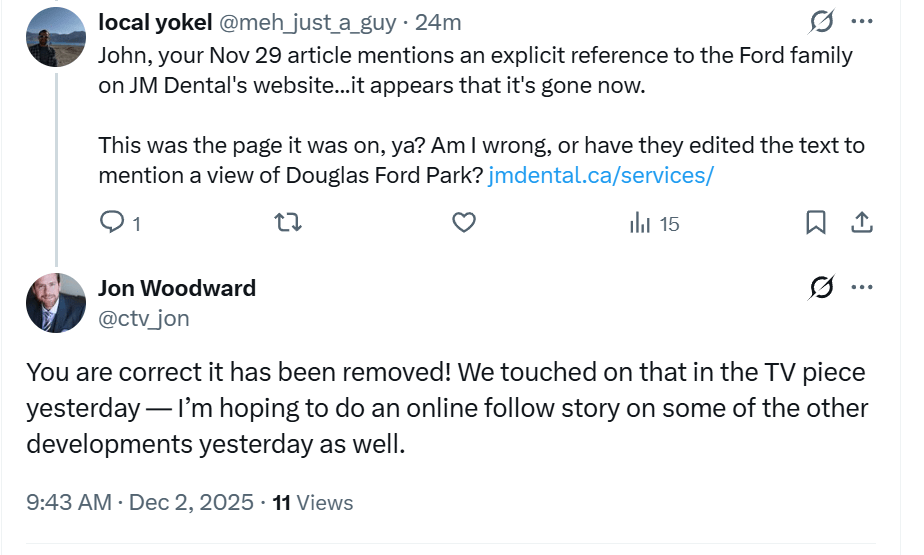Tags
Black History Month, Dam Funk, Erykah Badu, Herbie Hancock, Jimi Hendrix, John Coltrane, Miles Davis, Parliament Funkadelic, Robert Johnson, Stevie Wonder, Sun Ra
Before Black History month ends, I’d like to celebrate it by describing some of the Black musicians whose music has meant a lot to me. The idea to write this came weeks ago, then the holiday came up so I thought, why not get it done before February is over.
If I look back on my life and divide it into chapters, the headings would be musicians. Many Black. This music means a lot to me.
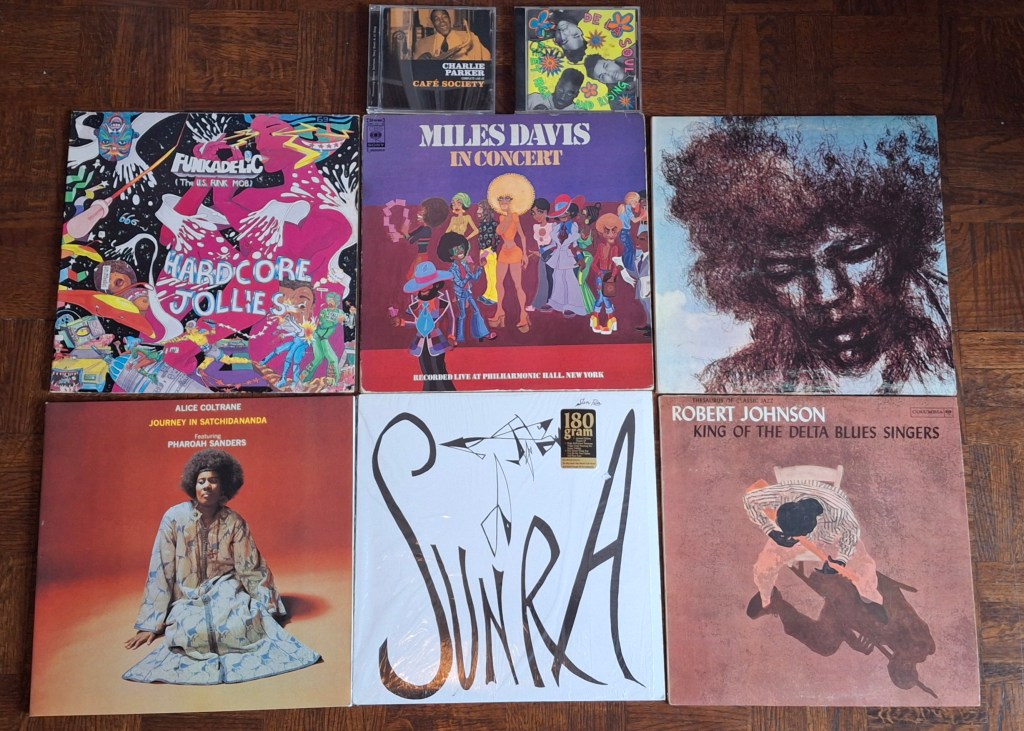
Some of my beloveds. Note the signatures on the De La Soul album cover. Dave signed the inside, too. RIP!
I’m not an expert on Black music but I know what I love. Here it is, in rough order of when I listened to it:
Childhood
I used to fall asleep to an MC Hammer tape, a little cassette deck beside my bed. Obviously Can’t Touch This was a jam, but I loved ballads like “Have You Seen Her?” too. He was on the original Ninja Turtles soundtrack, so I felt very close to MC Hammer.
Kriss Kross was big! I had no idea who Jermaine Dupri was then, but “Jump” is still a killer beat. It really is, play it now, I dare you. For Music Day at school in 1993, kids wore their clothes backwards. “I Missed The Bus” was another great track whose chorus is still with me.
One day, I found a Maestro Fresh Wes CD in the snow, dried it off and lo and behold, I was listening to a Toronto legend.
I heard Baby Got Back on a school bus, but didn’t know what the song was called or who it was by (Sir Mix a Lot). I loved it! I wanted to get the tape, but you couldn’t use Google to find out who sang it. At HMV I described the tune to the employee, who tried their best to guess what song meant, but got it wrong, instead recommending K7, an album which turned out to be very great—Swing Batta Swing! My mom and I listened to that a lot in the car, I’m not sure what she thought of it.
A lot of dance music is by Black artists and I had Dance Mix 92, 93, and 94. You can pop any of those albums on and they still hit hard. I actually got into PM Dawn a few months ago out of nowhere, Set Adrift on Memory Bliss.
Adolescence
My Grateful Dead phase was largely white, but not entirely! Some of my favourite Jerry is Legion of Mary and Reconstruction, which both featured Merl Saunders, a Black organist who also played with Betty Davis. Paul Humphrey played drums with LoM, Gaylord Birch with Reconstruction.
These were Jerry’s jazzier side bands. In 2000, Merl played the Comfort Zone. I was front row wearing a t-shirt with a cartoon Jerry playing cards with some cartoon skeletons, with the lyrics to Deal on it…Merl saw, pointed to me and started playing Deal. I was in heaven.
I had a tape of Miles at the Fillmore, which I understood then to be music fans of improvisation should hear and know. I didn’t get it. Then, but more on that to come!
The Jerry Garcia Band’s backup singers, the “Jerryettes,” were Black women who added such a beautiful element, often a gospel touch…I read somewhere that Jerry wanted to kind of stop playing with the Grateful Dead in the 90s and focus on JGB, but too many people’s jobs depended on it. If there was any band I loved more than the Dead, it was JGB.
Teenage Years
My guitar teacher rightly said I needed to know real blues musicians. I enjoyed BB King and Muddy Waters, but Robert Johnson floored me. I had no idea how he played like that and sang. I too was alone on an acoustic, and the idea we held the same instrument in our hands but he produced that…years later, I got a book of his tabs, learned to tune my guitar in open tunings, and I sat in my room until I could do a few of his songs passably well. Probably the most rewarding playing music has ever felt. I had the Eric Clapton Unplugged album on tab too, and learned a lot from the way he played covers.
I read books about Robert Johnson, watched that Crossroads movie with Ralph Machio, got the Clapton cover album of Johnson tunes. He really is the roots of rock and roll. I listened to a lot of Son House, Mississippi John Hurt, and Big Bill Broonzy too.
When Grateful Dead stopped being the entire basis of my existence, I got into hip hop. De La Soul was my absolute favourite. Saturday floored me, 3 Feet High was so much fun, so clever, and the beats just hooked me. Their first four albums were sacred. AOI has grown on me a lot. I met De La Soul briefly after a concert they signed my 3 Feet High and Rising album, and later that night I met the man who became my brother in law. I love that I met De La and Brad on the same night, both family. I’ve seen De La 5 times.
Tribe is inseparable from De La, for me and really for everybody. Midnight Marauders is very fused mentally to cherished summers. Beats Rhymes and Life to house parties. I could go on forever about Tribe. I saw Phife (RIP) at the Comfort Zone too in 2000, that energy was impossible to describe and I’m so glad I got to see him, somehow in such a small basement club.
Hip hop meant a lot to me. Roots, Talib, Mos Def, Fugees, Digable Planets, Pharcyde, Common, Gang Starr (RIP Guru), Wu Tang, Biggie, Snoop, Jungle Brothers, Outkast, Arrested Development, Souls of Mischief, KRS One, Nas. Nothing obscure, but all wonderful stuff.
20s
Jimi Hendrix I also went nuts on. I loved him from the first note, from the Forest Gump and Wayne’s World soundtracks. I played Purple Haze at my guitar recital in grade 7. When I got older I dove into all his albums, every song I could find. The videos of him playing Hound Dog and Hear My Train a Comin’ on acoustic inspired me so, so much. The Mt Rushmore of rock and roll guitarists is Jimi’s face four times. It kills me that he died before he could make an album with Miles. RIP, Jimi!
Jazz took over my life the day I heard Charlie Parker. It was a relatively corny record I still love, Charlie Parker with Strings, the track Just Friends. His solo killed me and I can play the whole thing in my head to this day.
I was taking a guitar course with a jazz player who gave me a hard drive loaded with 30+ Charlie Parker albums, 40+ Miles Davis albums, 40+ John Coltrane, all the Mingus and Art Blakey too. I was floored! Whatever musical epiphanies I’ve had since, I doubt any bowled me over like Charlie Parker. Dizzy Gillespie was his twin giant. I read his memoir and he really had a hold of me. Dizzy’s playing and coolness are so timeless.
Coltrane too, holy. Sometimes I think my favourite musician of all time is Elvin Jones. His polyrhythms…it was like I had never heard a drummer before. I listened to a lot of Eric Dolphy. I went deep and nuts and to this day that music will always be religious to me. Not in a figurative, abstract or joking way either. If I put on Love Supreme or Live at the Village Vanguard, it’ll be alone, or in company but in appreciative silence, and if we do talk, it’s about the music. Anything else feels sacrosanct.
I love Grant Green’s playing, a guitar player who plays like a saxophonist. No bends, alto scoops on the strings. I read that he didn’t cut his guitar strings because he thought it improved his tone, he just let them dangle, so for years I did that too. Not sure it worked for my tone!
I loved early Miles, with Cannonball and Coltrane and Monk, and of course Parker, with Bud Powell, Duke Jordan, and Tommy Potter. 40s and 50s Miles. I needed to digest Miles from the start, and when I was ready for new sounds, Miles had the new direction ready. Mellow Cool jazz. Pretty lyrical ballads. The second quintet with Tony Williams was pure fire. Williams too was maybe my favourite musician and I couldn’t believe he joined as a 17 year old. I was maybe 22 when I got into him and felt old. He and some other kid in the band, Herbie Hancock. Miles Smiles is still an all time favourite album.
I also listened to a lot of Oscar Peterson, a Canadian legend in jazz, in music, and just in general. The Stratford concert from 1956 was my favourite. He played with Joe Pass, who I love deeply too. When Peterson died, I attended a free tribute at Roy Thomson Hall. Stevie Wonder couldn’t make it in person but sent a lovely video tribute. Herbie Hancock performed and I was so touched he came to honour Oscar, nevermind delighted to see a musician I also loved.
Amanda and I went to 2025 Montreal Jazz Fest and saw a performance honouring Peterson in what would have been his 100th birthday. Beautiful playing and just delightful. His daughter MCed and his dear friend and bandmate, Oliver Jones, performed wonderfully. Still got at it 91.
30s
I knew about Erykah Badu and D’Angelo for years, but wasn’t hungry for them earlier. When I lived in India, for whatever reason Badu really hit there. Suddenly I got what she was about and was hooked. Aside from the hippie soul aura and cool feminine energy, the musicianship was just so killer. The beats and the playing. I didn’t know about the “Soulquarians” even if I knew most of the musicians in them. I didn’t know who Thundercat was and didn’t know Badu also had Roy Hargrove and Roy Ayers on some tracks, but that made sense. Such raw emotions, no artifice, pure art. Her concert in TO months ago was simply astounding.
D’Angelo…I played him at house parties in New Delhi and…they didn’t really take to it. They preferred Bollywood or rock. But I needed him there. I’m not surprised he distanced himself from “neo-soul” and preferred simply “Black music” to describe his music. In India, where the musical soundscape is very different, Black music felt like home to me. Tablas are very cool instruments and there’s a million traditional types of Indian music I couldn’t begin to tell you about, but I yearned for D’Angelo and Badu often. Neil Young and The Band too, but those two a lot.
I also got into earlier soul music in my mid-30s. I have a few volumes of that Atlantic 7-disc box set. I loved the Dead Presidents soundtrack as a kid, but listened to more Isaac Hayes and, of course, James Brown. Staple Singers too. I reconnected with Lucy Pearl in a big way too. I liked them in high school but hearing them again was like seeing a good looking person you haven’t seen in decades, and somehow they look even younger and hotter. Ali Shadeed Muhammed, Raphael Saadiq, Dawn Robinson. I just read that D’Angelo was supposed to be in it, but he was too busy recording Voodoo. Fair enough!
Curtis Mayfield floored me too. The music had more songwriting than jazz, but the chops were, if not as loose and exploratory, tighter. I love both approaches but needed the tightness and arrangements. Today I have I think every Curtis Mayfield album but Superfly, many Impressions albums too. I got into early Curtis first, actually. I read Traveling Soul, written by Mayfield’s son. I was friends in high school with a pair of twins, rad dudes named Curtis and Miles. Their dad is a drummer and I get why he named them that.
Tim Maia became huge for me, a giant in Brazil’s music. Not obscure here exactly, but not a household name. He lived in Detroit before getting kicked out of the US for weed, and brought US soul sensibilities to Brazilian music. This is my understanding, anyway. He also fell into a cult for years called Racional–he only wore white clothing and strained his neck constantly looking up for aliens–in which he recorded his best music. Maia tried to get John Lennon into the cult by sending him a letter about it, and Lennon wrote back, simply, “I don’t understand Portuguese!”
I did a proper dive into Stevie Wonder’s golden era. I love those albums of course. Hotter Than July is outside that era but I love it too. On a cellular level that man’s body is made up of music notes. No matter how great you think he is, he’s better.
It occurred to me Ray Charles had a cool disco era. For years I looked for the 1980 album Brother Ray Is At It Again!, where he covers The Band’s classic song, Ophelia. Which is nice, because my dear Richard Manuel loved singing Ray’s songs and did them wonderfully. I had to order it from Florida. The record was $3 but shipping was $20. Amazing stuff. When the movie Ray came out I really fell in love with his music, too. Impossible to describe his greatness.
Herbie Hancock…I knew Headhunters as a teen and from his playing with Miles, but Thrust and Fat Albert Rotunda are very, very dear to me. Sly Stone I also listened to at different points when I was younger, both as a kid and teenager, but my deep dive was richer than I could have imagined. Reading his bio last year was beautiful and bittersweet, poignant.
Finally, I was ready for Miles’ 70s fusion and funk eras. In a Silent Way, Bitches Brew, On the Corner, but also Agharta and Pangaea. Live at Fillmore, east and west. Big Fun. Live Evil. I was ready for the music to revolve around groove, instead of soloists taking turns overtop of a rhythm section, even playing melody and rhythm together interchangeably. It wasn’t chaotic to me, it was even, in a way, more democratic or ethical—there was no hierarchy, with soloist on top, rhythm players below and subservient to the musician in the spotlight. Sometimes I wonder if changes to my politics mirrored changes in music. Probably!
In India I found Alice Coltrane, fitting because of her Eastern leanings. I love her! I joke that I used to think John Coltrane was the best musician in music history, now, I’m not sure he was the best musician in his marriage. Journey in Satchidananda and Ptah the El Daoud have some of the nicest sounds I’ve ever heard. I heard Turiya and Ramakrishna in Delhi and it’s just wave after wave of pure ethereal beauty.
Pharoah Saunders I also came to really love. Several abums. Thembi, but especially Karma. You can feel the philosophy and love in his playing. This kind of music, to me, transcends the physical instrument. It’s really special!
LA legend, DāM FunK, a producer, ambassador and a true curator of funk…he means the world to me. I got into him in Delhi, and he had a way of introducing me to decades-old music that felt very familiar and homey. In the way that a best friend laughing at something automatically makes it funnier, his approval of a tune is authoritative. He knows the coolest tracks, song I feel like I know, but have never heard before. I introduced a buddy to DāM FunK’s music and changed his life–we saw him together in Toronto years ago, a sacred day.
Nightmares On Wax, some of his DJ sets and albums like DJ Kicks have given me priceless moments. Actually, I learned about him in 2001 from the buddy I showed DāM FunK to.
I also fell in love with a contemporary singer-songwriter, Michael Kiwanuka. I have all his albums and saw him live twice. Getting to see him months before lockdown…many times I told myself, say what you will about all the fuckery of 2020, at least that didn’t get cancelled.
Kiwanuka really does have a foot in a lot of worlds. Beautiful acoustic guitar songs, crunchier rock tunes, hip hop production at times, strings. All with sensitive, emotional, raw lyrics sung tenderly, sweetly, and often with pain. When Amanda and I got married, our first song was Rest by Kiwanuka.
In my late 30s I had two major musical epiphanies:
Parliament Funkadelic
Like everyone, I had always known about Parliament Funkadelic. Their hits were enormous. Atomic Dog. Flashlight plays at Leaf games. They were in the movies PCU and even Good Burger. They were everywhere.
Sometimes you assume a band’s most famous songs are their best. Then you listen to a couple albums and think, OK those must be their best. For years I had their first self-titled album and One Nation Under a Groove. I loved them.
But one night in 2021 I put on a P Funk concert on YouTube, thinking I’d pass out to some tunes…I was up for 2 hours, jaw on the floor. It was the Houston Halloween 1978 concert and it blew my mind. I’m still not over it.
I went nuts for every single P Funk album. I listened to them one by one, certain whatever I had just listened to couldn’t be eclipsed. Their 10 year run in the 70s is unmatched. P Funk embodied the freedom of hippie psychedelia, rock and roll energy, the tightness of funk, and Black freedom in a political sense. They were serious but with a goofy exterior. Not militant, they were having a lot of fun. But they were so tight and disciplined amid the raunchy whacky collective.
Speaking of weddings, my wife and I walked back up the aisle to P Funk, Motor Booty Affair. I bonded with our wedding DJ over P Funk–we were supposed to talk for an hour or so pre-wedding about the music he’d play and not play for the party, but we mostly talked about P Funk. As an extremely nice gift, he gave me a beautiful OG pressing of Hardcore Jollies. I coudn’t believe it. Thanks, General Eclectic! Great album, especially the B side.
Suddenly I understood Bernie Worrell’s role with Talking Heads in Stop Making Sense, along with P Funk singers Lynn Mabry and Edna Holt. I also got into Brides of Funkenstein albums, with Dawn Silva. I realized a funny thing: every P Funk solo project also has more or less the entire band playing on it, so they’re all basically P Funk albums.
Biological Speculation is the kind of song you’d never guess they could write from their hits, but it’s top tier Funkadelic. I love My Girl, too, and that they were recorded in Toronto.
Me and an online buddy (who writes wonderfully about delicious, high-quality but affordable food in Toronto…read it for free) tried to get Toronto to rename a laneway off Parliament Street “Funkadelic Lane,” so we’d have a Parliament-Funkadelic intersection, but the city rejected it. Even though P Funk recorded here, and Cordell Mosson, George, Bootsy and Bernie lived here, and bought much of their iconic stage wardrobe on Yonge Street stores, P-Funk’s TO epicentre was adjudged too far away from the laneway on Parliament Street to warrant the name change. Mikey even got in touch with Prakash John, the P Funk bass player on America Eats Its Young and a TO music legend, to send a note to city hall to help it along and still, no. Dorks.
In the darkest hours of early pandemic, P Funk was for me pure sunlight. It changed my life and others. One day I called my old high school friend who I used to spend hours listening to Dead tapes with. He returned my call days later, wondering what made me phone him after years of not really speaking.
“I need to know, what do you think of Parliament Funkadelic?”
“Is that why you’re calling?” he asked, cracking up. It was! I assured him I didn’t care about anything going on in his personal or professional life, just this music. I told him P Funk was kind of like Black Grateful Dead, in that they’re both psychedelic bands, but rhythm plays the role in P Funk’s music that Jerry’s wandering guitar melodies do in GD. It’s an oversimplification, but anyway he came over a lot, it totally rekindled our friendship. He came to our wedding, where he met a really good friend of mine, and now they’ve been dating for over a year, so we can all hang and listen to music together. I love P Funk so much and P Funk is love.
Funkentelechy Versus the Placebo Syndrome is, for me, their best. George Clinton agrees. It’s maybe anybody’s best. I also love Clones of Dr Funkenstein. I have 20+ P Funk records. You won’t really appreciate their range unless you listen widely. They’re nasty rock and roll, doo wop, gospel (Glen Goinns, RIP), funk of course.
Their deep cuts will reward you. They tie up so much Black music that came before them, and launched what was to come. I doubt any band is sampled more in hip hop
Sun Ra
While my life has been a succession of musical phases, Sun Ra might really be the final one. Music’s final boss: The Arkestra. In the way part of me believed maybe Robert Johnson did make a deal with the devil, maybe Sun Ra truly is from Saturn.
P Funk salutes Sun Ra for getting to space before they did, calling him an “apostle.” I sense Ra’s having a moment now. Either that, or I see him everywhere because I’m newly attuned to his influence.
I heard of Ra from Grasshopper and listened to Jazz in Silhouette after finding a cheap repress. On Twitter one day in 2023 I heard the Arkestra was doing a free workshop in Regent Park. It was a mini concert. They explained the music of Ra and jazz history between songs. Their music, what they stood for and what they were…I’ll never forget it. Afterwards, the band was chilling in the lobby, talking with people over free samosas and other food. Next night they played a proper concert around the corner from me and I’ve never been the same since.
Nobody encompasses more moods, styles, and sounds than the Arkestra. Not just music genres, but sounds. Ra plays within and outside every type of music, experimenting with harmonies, rhythms, instrumentation, instruments, recording techniques.
He wrote charts for his hero Fletcher Henderson, so he knows classic jazz inside out. Sometimes his music is very accessible, sometimes not at all. Sometimes it’s too much for me! He has 200+ albums and the “out” playing isn’t always what I need, but sometimes the weather is bad, and that doesn’t make me love nature any less.
When Ra is lush and calm, it’s so serene and warm. He can be challenging and make me uncomfortable but still hold me in awe. There’s a lot of humour, love, deep wisdom. Daring, over decades he never played a note he didn’t feel, no matter how shockingly unconventional. The stage incorporated so many dimensions of not just music but art, with wild costumes, dance, crazy lighting and sometimes even pyrotechnics and controlled explosions, always in a DIY way they budgeted on a shoestring out of love. These dimensions could appeal to people outside the music, but they were never gimmicky, always one with the core of the band.
In a world where fake mimemetic hacks with no imagination or integrity are a dime a dozen, Ra embodies the ultimate antithesis of that. A real one. Coltrane and Miles will be listened to in hundreds of years from now. There will be Ra fans in the year 3,000. He’s already played Disco from that century in 1978!

Reading his song lyrics in poetry form reinforced for me how Ra’s words, philosophies, and music are one and the same
I read all the Ra books I can and have his collected poetry in a nice facisimile reprint I found. I’ve watched every doc I available and live performance on YouTube, spellbound. If you’re trying to listen to Ra and think it’s a bit much, and it can be adventurous and unnerving, one trick I’ve found helpful is to home in on one instrument. Some performances have a key which you mentally turn and suddenly they unlock and open up, and what sounded like cacophony or disordered noise has a secret structure that turns out to be extremely beautiful and ordered, or based on feel and spirit, rather than what can easily be transcribed on paper.
10,000 words on Ra wouldn’t be enough and this is getting long, so I’ll end here. Except to say I’m excited to see the new PBS documentary on Sun Ra. Also, here are some Ra recommendations for what can be a dizzying, intimidating band to check out:
I love the early “in” albums: Jazz In Silhouette, Supersonic Jazz, Jazz. The disco-ey funk classics that are most people’s entrypoint to Ra are truly outstanding, Lanquidity, Sleeping Beauty. These two are all-time favourites of mine. Haunting, shimmering, ethereal, and just so cool and gorgeous.
Also On Jupiter, Cosmos, Night of the Purple Moon, Planets of Life or Death Amiens ’73 (side A) are outstanding. Fate In a Pleasant Mood, Futuristic Sounds of Sun Ra, Mayan Temples, Blue Delight. Nuits de la Fondation vol 2 (side A), Of Mythic Worlds. Of course, Space is the Place, not just the famous title track but the B Side.
Nothing Is has some of my favourite moments of hard bop. John Gilmore is such a legend. The song To Nature’s God from the album Nidhamu, recorded in Egypt, is priceless to me. Marshall Allen’s work leading the Arkestra today, decades later, and releasing his first ever solo album, which is very beautiful, at the age of 101 is simply inspiring. Music isn’t just a thing to hear with this band, but a thing to do and be. Allen was in the US army band in WWII stationed in Europe, and he released that album in 2025.
Discipline 27-ii is perhaps my #1 ultimate Ra album. I love many of his albums…this one’s essential. Pan Afro is for me the perfect sweet spot of “in” and “out.” June Tyson is in amazing form. The B side is something everybody should experience in their life. I’ve listened to it over 100 times.
To wrap up this article, peace and love to all my cherished musicians and all of their fans, whatever skin colour. And also to all the many beautiful musicians I didn’t write about here. RIP to those who’ve passed, let’s celebrate the living legends now. My feeling is any time you’re engaging with a culture outside your own, you should show the respect, courtesy and appreciation you would when being welcomed inside another people’s temple, because that is in fact what’s going on. Happy Black History month! May this music live forever, I’m certain it will.

